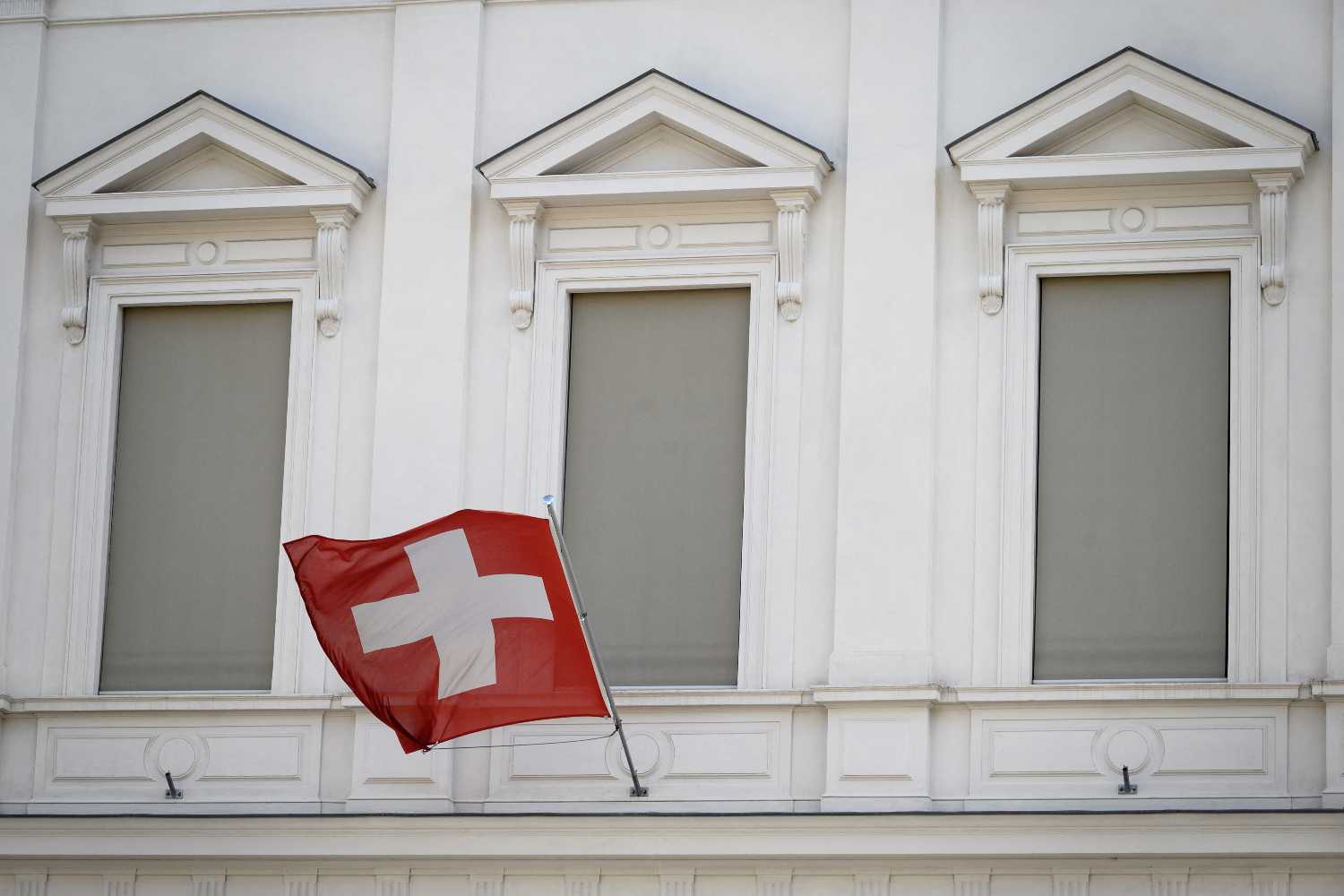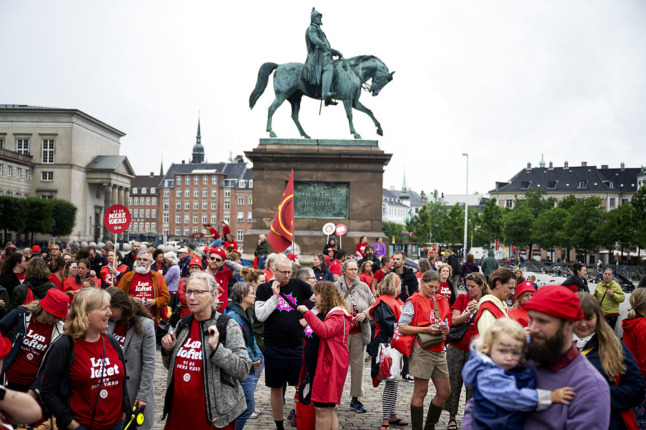The wealthy Alpine country had ended 2019 with a surplus of 3.6 billion francs and its budget for 2020 initially assumed a 344-million-franc surplus.
“On the one hand, federal receipts were lower as a result of the economic downturn; on the other hand, the confederation incurred high extraordinary expenditure to cushion the economic impact of the pandemic,” the government said in a statement.
Usually exceptionally disciplined with its budgets, Switzerland saw its tax receipts shrink by 3.4 percent due to the economic slowdown, but also saw its expenditure soar with the measures intended to prop up the economy.
Some 15 billion Swiss francs went on pandemic-related expenditure in 2020, including 10.8 billion related to short-time working and 2.2 billion to cover lost earnings, notably for the self-employed.
Overall, “the economic downturn was less severe than anticipated in 2020”, the government added.
For 2021, ministers asked parliament to allocate eight additional credits for a total amount of 14.3 billion Swiss francs to finance pandemic support measures.
“According to current estimates, a financing deficit of approximately 20 billion Swiss francs is expected for 2021,” the government said. “In 2022 to 2024, the confederation expects the federal budget to break even or be slightly positive.”



 Please whitelist us to continue reading.
Please whitelist us to continue reading.
Member comments